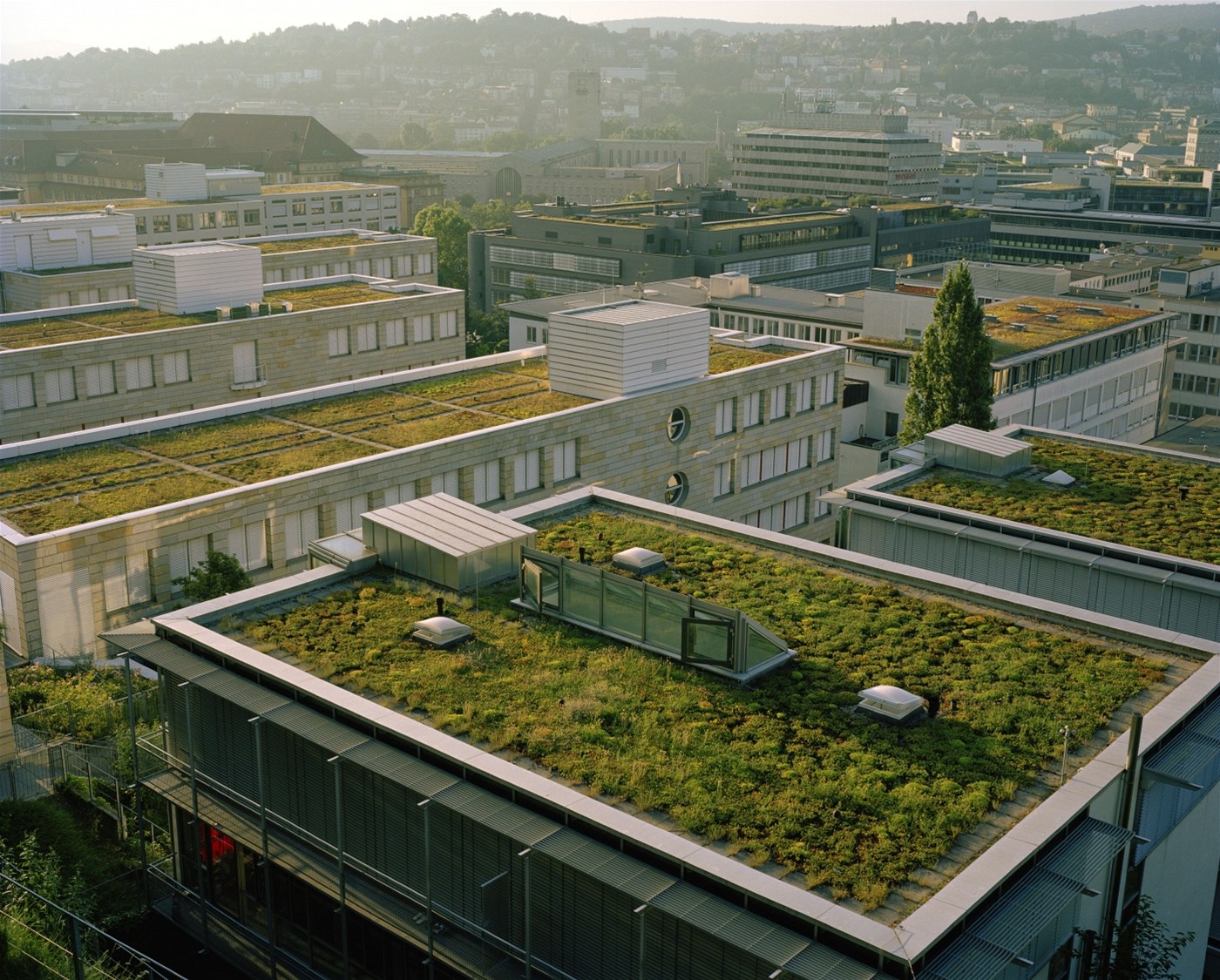
December 2020 – In a resolution adopted on 17 December the European Parliament recognised the key role of green roofs and walls to minimise the adverse impact of climate change.
The resolution says that green roofs and walls can contribute to cooling high urban temperatures, retaining and reusing rainwater and producing food. Urban green infrastructure can also help reduce air pollution, improve the quality of life in cities, reduce risks to human health, and protect biodiversity, including pollinators.
MEPs supported any targeted initiatives to seize this potential, including the development of urban strategies and better spatial planning. Moreover, they called for infrastructure such as roads, parking lots, train tracks and power and drainage systems to be made biodiversity and climate-proof.
The Parliament’s resolution on adaptation to climate change will provide input on a new EU Adaptation Strategy, expected from the Commission in 2021 as part of the European Green Deal.
About us
The EU Chapter of the World Green Infrastructure Network (WGIN) aims to increase the awareness of the European Union policymakers about the multiple benefits of green infrastructure, with a specific focus on Building Integrated Vegetative Systems (green roofs and living walls).
WGIN brings together national and regional industry associations to promote the development of the green infrastructure industry through training, research, advocacy for new policy, conferences, publications, and promotion.



